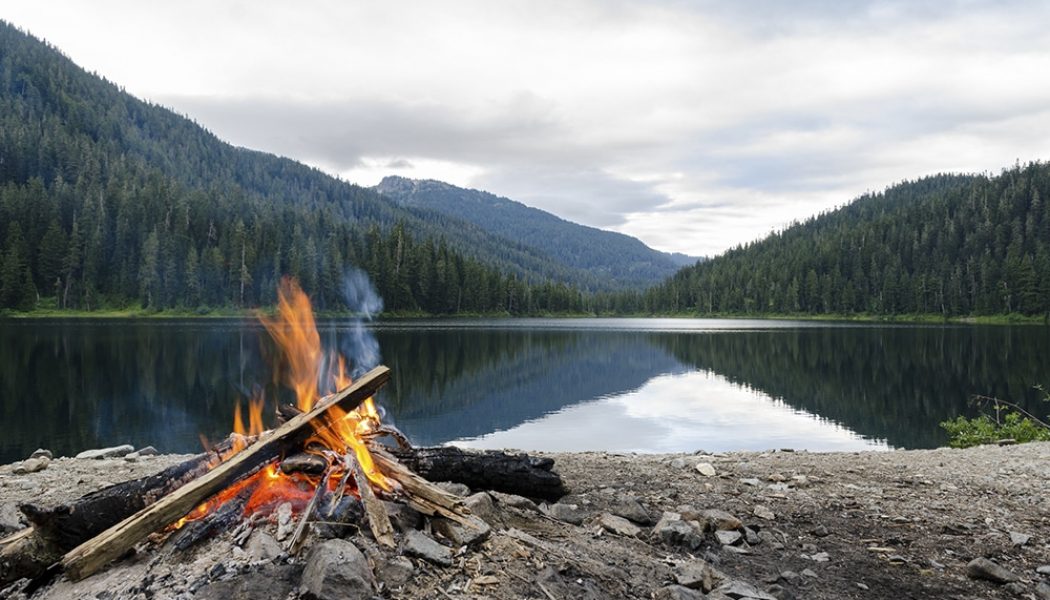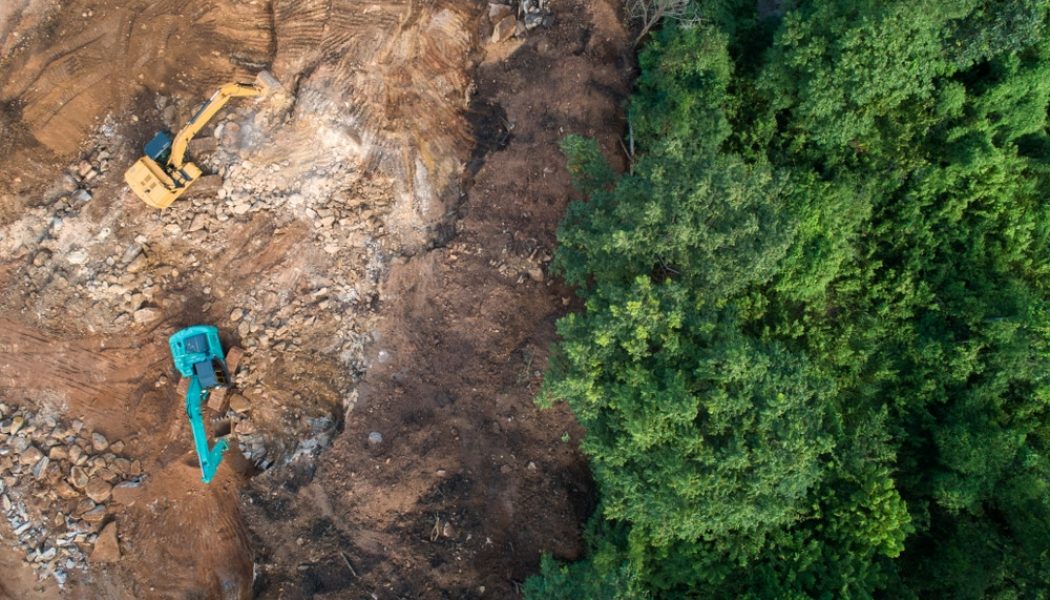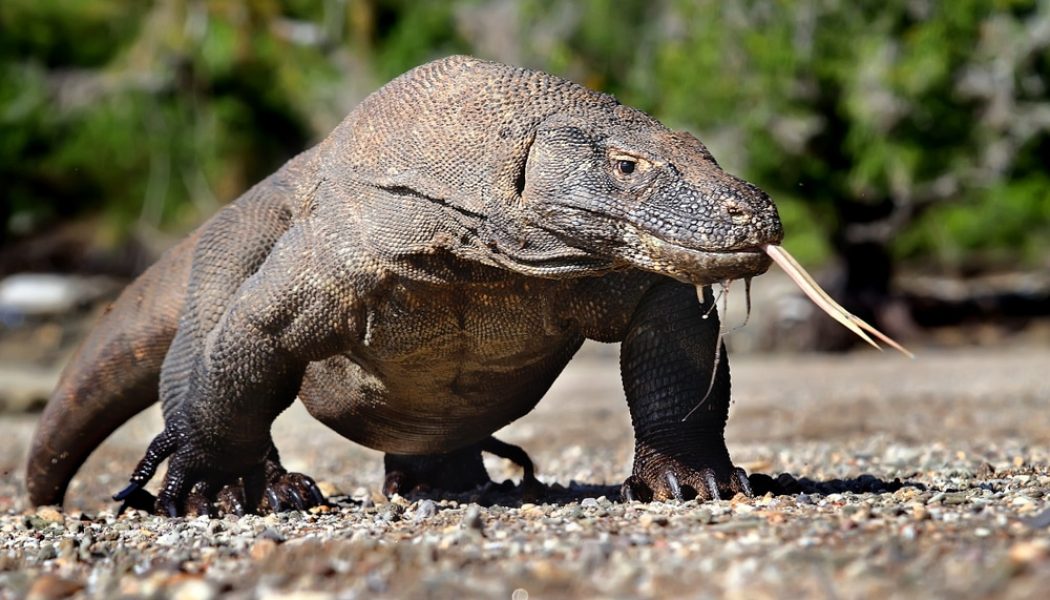wildlife
The travel that changed me: Roz Watkins
From trekking in the hills of Kashmir to evading a rhino in India, author Roz Watkins tells us about the travel that changed her Roz Watkins is the author of the critically-acclaimed DI Meg Dalton crime series. Set in the Peak District, her novels are known for their extraordinary sense of place. Think moody moors, gnarled forests and creepy local lore. Her protagonist is spirited and sensitive, but what draws me most strongly to Roz’s work is her willingness to venture into the darker corners of society. In Cut to the Bone, Roz examines the practice of factory farming. Its horrors are writ large in the novel, but the moral heart of the story never hampers the action. In fact, the grisly realities only dial up the tension. We spoke to Roz about her latest book, why animal rights are ...
10 things park rangers wish you knew
From grizzly bears to bugbears, five park rangers share the vagaries of their unique job There’s no doubt that nature is flourishing under lockdown. There are heartening stories of the Himalayas emerging from Indian smog, moles in the UK being seen above ground and deer wandering the streets of Japan. Sadly, these phenomena will likely end not too long after lockdown, as humans return to business as usual. In an effort to remind readers – and ourselves – to re-engage with nature as responsibly as possible when we’re allowed to return, we asked five park rangers to share some things they wish we knew. The rangers are based in the US (and remain unnamed for the sake of discretion), but nearly all their points are applicable worldwide. We hate it when you disrespect the park...
7 ways nature is flourishing under lockdown
The current pandemic has had a devastating effect worldwide but there are some glimmers of light Human impact on wildlife is almost certainly to blame for the spread of Covid-19, say scientists. The virus is thought to have originated in bats with other wild animals such as pangolins also likely playing a role in its transmission to people. Humankind’s relentless incursion into areas of nature that should be off-limits puts the world at an increased risk of new diseases, say scientists from the Royal Society. In a perfect world, wild animals such as bats and pangolins would never come into contact with humans. Due to hunting, trade and habitat loss, however, the natural boundaries between humans and animals have blurred. One positive is that during lockdown, road traffic has decreased, fos...
17 megadiverse countries of the world
We profile the world’s megadiverse countries, from obvious contenders like Ecuador and Brazil to one or two surprise entries It should be comforting to know that a mere 17 countries hold more than 70% of the world’s species. It should be easy to rally this small group of ‘megadiverse countries’ to protect the planet’s extraordinary biodiversity. Alas, some of these countries are also the world’s biggest consumers and polluters. In July 2000, the UN’s World Conservation Monitoring Centre recognised 17 megadiverse countries which hold the majority of Earth’s species and high numbers of endemic species (i.e. those unique to an area or country). To be termed megadiverse, a country must have at least 5,000 of the world’s plants as endemics and have marine ecosystems within its borde...









